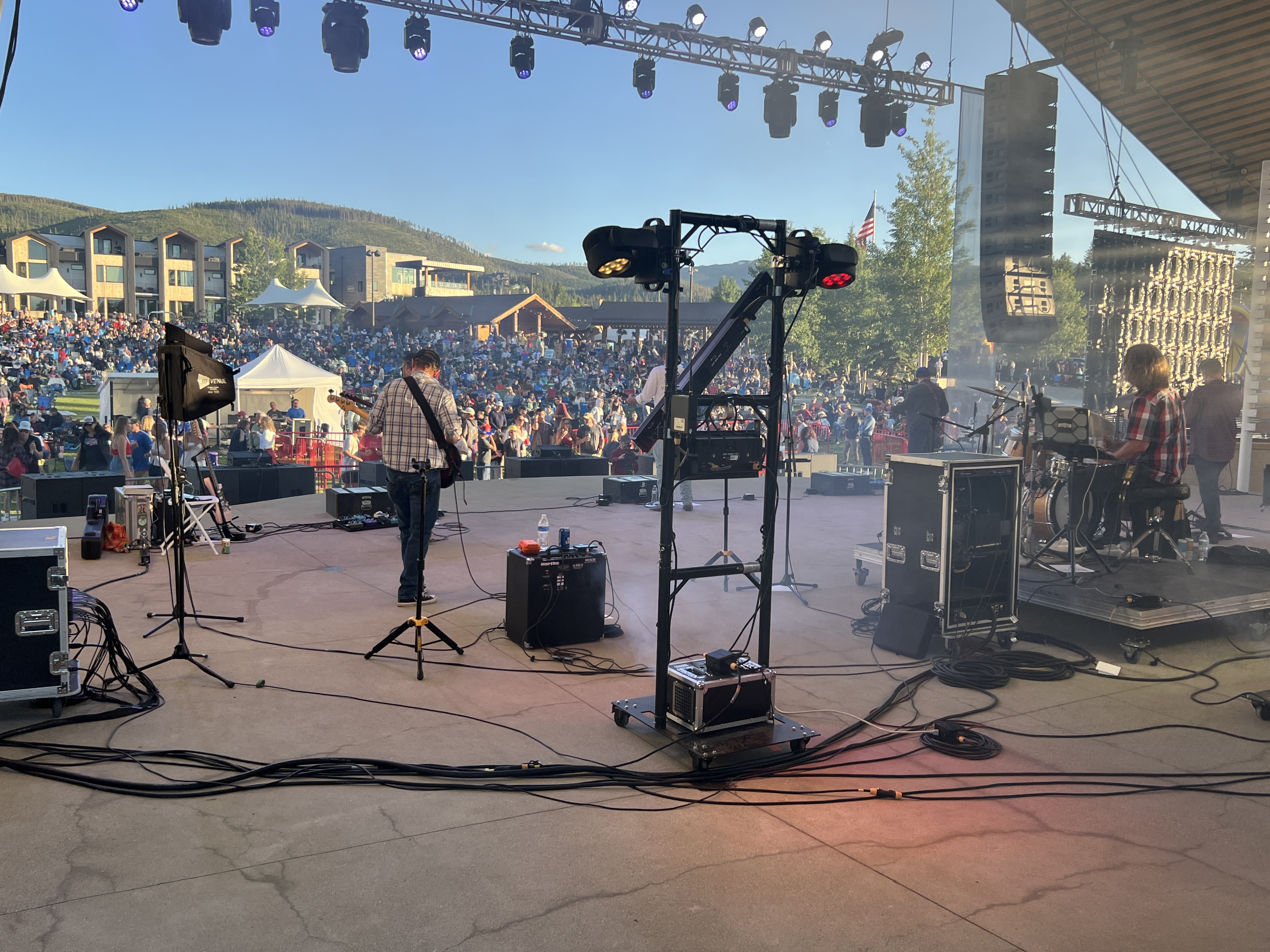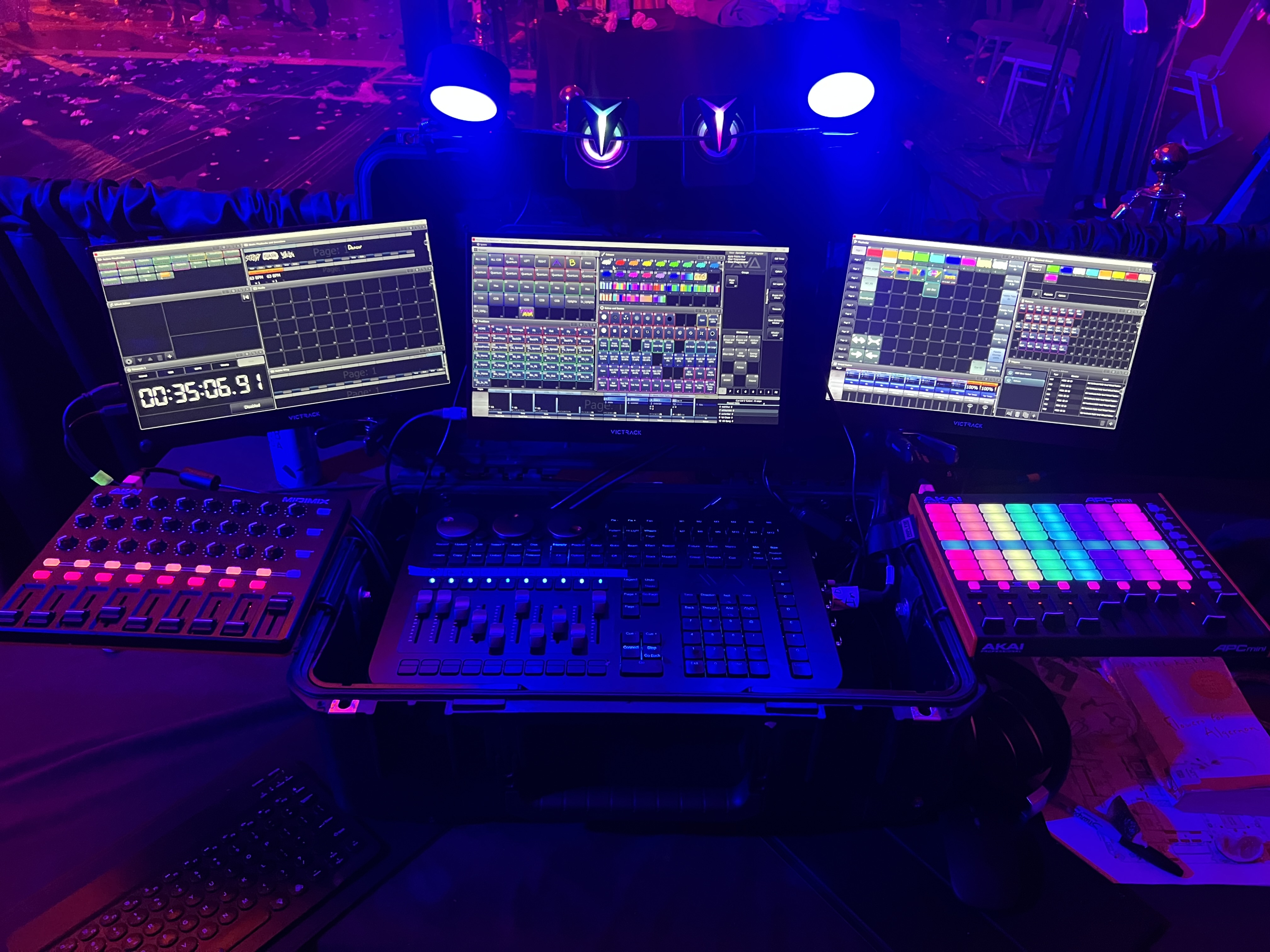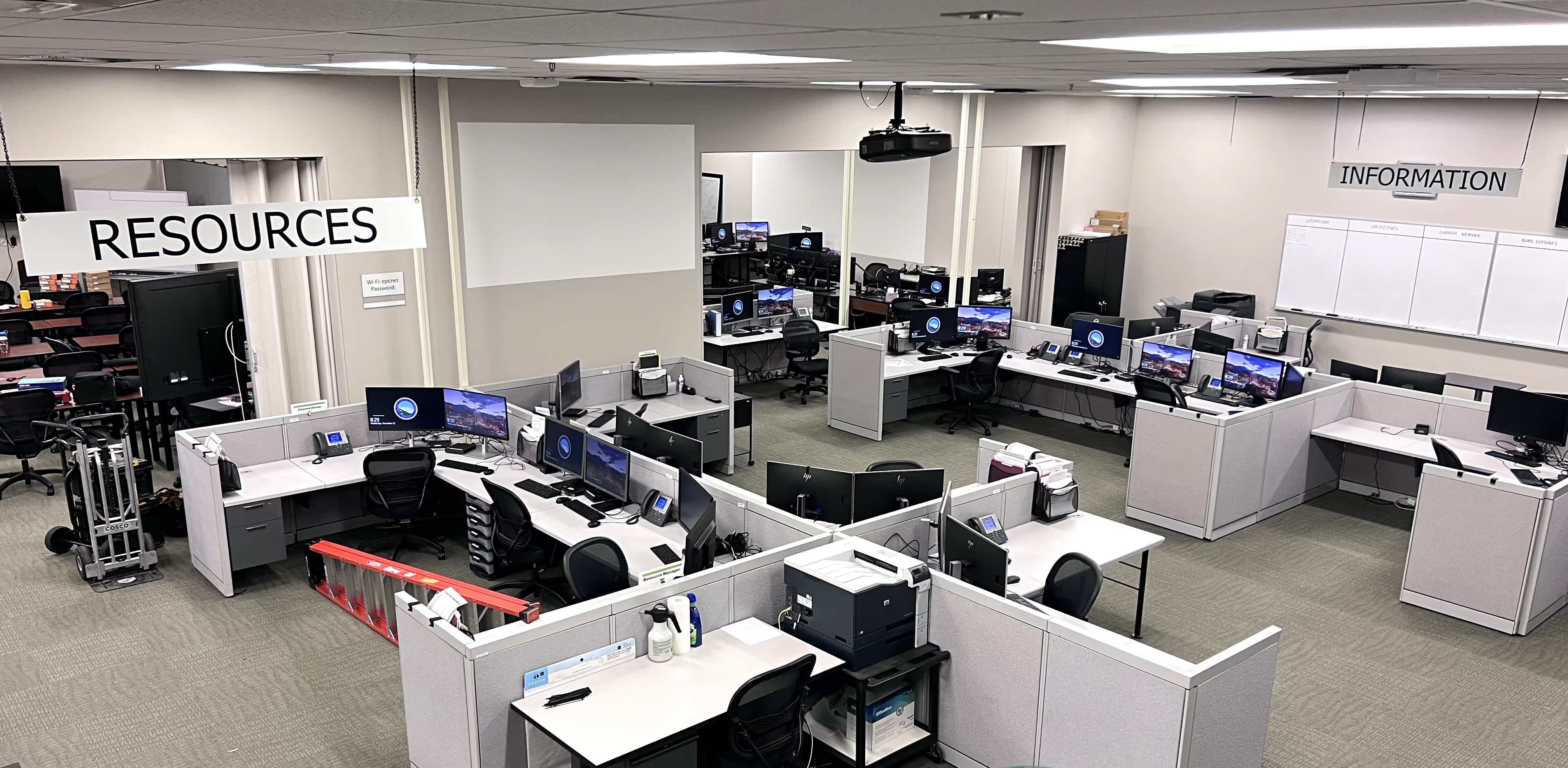Finding Calm in the Chaos: How We're Tackling Workplace Stress at Equalized Productions

Working in production isn't your typical 9-to-5. We all know the reality—long days that stretch into evenings, weekend calls when projects need finishing, and those brutal summer months when the heat makes everything feel twice as hard. If you're reading this, chances are you've felt that familiar weight of production stress settling on your shoulders.
Here's the thing: manufacturing workers rank in the bottom 10% of all industries for mental health outcomes. That's not just a statistic—it's our daily reality. Nearly half of us report feeling stressed at our jobs, and one in three say they're too tired to engage with friends and family after work. We're not just building products; we're carrying the mental load of demanding schedules, tight deadlines, and physical exhaustion.
But we're doing something about it at Equalized Productions, and it's simpler than you might think.
Monday morning meditation: Starting the week right
You know that Monday morning feeling—when the weight of the entire week ahead hits you all at once? We've started something that's genuinely changed how our team approaches those moments. Every Monday, we kick off our meetings with just a few minutes of meditation.
It's not complicated. We're not asking anyone to become a zen master or sit cross-legged for an hour. We're talking about 2-3 minutes of intentional breathing, setting our intentions for the week, and creating a moment of calm before diving into project discussions.
The science backs this up too. Companies implementing workplace meditation programs are seeing incredible returns—Aetna reported an 11-to-1 ROI with $3,000 in productivity gains per employee. But more importantly, it just feels better. Our Monday meetings are more focused, people seem more present, and there's less of that scattered energy that used to dominate our week kickoffs.
Quick stress relief that actually fits our schedule
Let's be real about self-care in production work. We can't all take hour-long yoga classes or spend our lunch breaks at the spa. We need strategies that work when you're dealing with tight deadlines, physically demanding work, and schedules that don't always cooperate.
The 4-7-8 breathing technique has become a game-changer for our team. Breathe in for 4 counts, hold for 7, exhale for 8. You can do this anywhere—at your workstation, in the parking lot, even during a bathroom break. It takes less than two minutes and actually works to reduce that fight-or-flight feeling when everything feels overwhelming.
For those really intense days, we've learned that micro self-care is the secret. Instead of waiting for large blocks of free time that never come, we're talking about 5-15 minute windows: a quick walk around the building, rolling your feet over a tennis ball under your desk, or doing some shoulder releases when you feel that familiar tension building up.
The reality of production stress
Working in production means dealing with stressors that office workers simply don't understand. Heat stress isn't just uncomfortable—it actually impacts your mental capacity, causing irritability, loss of concentration, and making existing stress feel worse. Add in the physical demands, the pressure of continuous production goals, and schedules that often feel beyond our control, and you've got a perfect storm for burnout.
We've had to get creative about creating moments of relief. During particularly brutal weeks, we've implemented "micro-breaks"—30-second breathing exercises between tasks, stretching routines that can be done in work clothes, and buddy systems where team members check in on each other's stress levels.
The key insight we've learned is that traditional office wellness advice doesn't work for us. We can't always step away for 20-minute meditation sessions or take leisurely lunch hour walks. Our self-care has to be as practical and efficient as everything else we do.
What's actually working for busy periods
When projects ramp up and the pressure intensifies, here's what we've found genuinely helps:
Progressive muscle relaxation during breaks—tense your shoulders for 5 seconds, then release. Do the same with your jaw, your fists, your entire body. It's amazing how much physical tension you're carrying without realizing it.
The STOP technique for overwhelming moments: Stop what you're doing, Take a breath, Observe what you're feeling, then Proceed with intention. It sounds simple because it is, and that's exactly why it works when your brain is running at full speed.
We've also started being more intentional about peer support. Production work can feel isolating, especially during stressful periods. Simply acknowledging when someone's having a rough day, or offering to grab coffee for a teammate who's swamped, creates the kind of social connection that research shows reduces stress by up to 63%.
Moving forward with intention
The truth is, we can't eliminate the inherent challenges of production work—the long hours, the physical demands, the pressure to deliver. But we can change how we respond to these challenges.
Workplace mental health isn't a luxury; it's a necessity. When we're mentally depleted, everything suffers—our work quality, our safety, our relationships outside of work, and our overall well-being.
Starting small has been our key to success. Monday morning meditation, quick breathing techniques, checking in on each other—these aren't revolutionary concepts, but they're making a real difference in how we navigate the demanding nature of our work.
If you're in production and feeling the weight of constant stress, you're not alone. And more importantly, there are practical, realistic ways to find moments of calm even in the middle of the chaos. Sometimes the most powerful thing you can do is simply take three deep breaths and remind yourself that you're skilled, valuable, and capable of handling whatever the day throws at you.
Because at the end of the day, taking care of our mental health isn't just about feeling better—it's about showing up as our best selves, both at work and at home.




